“It is the task of anthropology to understand how people form their understandings of the world and of themselves in it. For that, it is crucial to bracket anthropology’s desire to connect local understandings with familiar critiques of power and political ideologies.” – Dace Dzenovska
---
Following the wake of the Brexit referendum, anthropologist Felix Stein called for an engagement of anthropology beyond the mere range of academia and into the realm of our current political state worldwide: Brexit and the rise of Donald Trump reflect much of what much of Western politics is becoming and with it the xenophobic, racist, classist, and anti-progressive rhetoric that is rising once again to the surface of precarity politics today.
“My gut feeling is that the politics of inequality is catching up with the economics of inequality and that the 99% are giving voice to grievances that the hard right are exploiting to the nth degree,” says anthropologist Chris Gregory.
Now, the grievances that caused Brexit and the rise of Trump which we’ve heard most frequently include conservative shouts of economic burden. But how much truth is in that?
Ask any Leaver about Brexit and you’ll find them spouting off economic concerns for the British when it comes to supporting immigrants and finding employment; ask any Trump supporter why they want him for President, or in turn why they hate Obama, and you’ll find similar arguments about immigration and the Mexican border.
To see the need to back Stein’s call to academic engagement, we must break down the hazy clouds of what we’ve been told casting shadows on what we know and see the stark truth for what it truly is. This is where we can build a new world from the bottom up. But first, we have to see the current world.
The decision by Britain and Wales to leave the European Union was one which sent a shock throughout the global community – sure, there was a great deal of political/civil unrest and sure, the economic unrest was present as well. However, the nationalistic support and EU-specific unrest that became clear with the Brexit vote was not entirely expected by anyone – including the social scientists and academics who are trained in seeing these types of unrest in communities.
Though, much of this surprise could lie in the fact that there was no real, present danger in the economy that would justify leaving, despite these reasons being shouted by Leavers when criticized.
The decision to leave the EU could in actuality cost Britain more than it gains them, thus risking a recession as a result of the vote. And, it seems that those most economically dependent on the EU had the highest percentage of leave votes – not quite following economic logic to leave.
It seems that the reasoning for the Brexit vote would truly lie within social concerns. Political elites orchestrated this move from the start, with Prime Minister David Cameron’s promise to his anti-EU sect of the conservative party: should he be re-elected, he would hold a referendum on whether Britain would remain a member. London’s mayor, Sadiq Khan, has said that the referendum has been “project hate as far as immigration is concerned.”
Those who lead the pro-Leave campaign claimed that Britain had reached a breaking point in immigration with anti-migrant posters being put up, showcasing non-white Europeans with the slogan, “Breaking point: the EU has failed us all,” clearly promoting xenophobic and anti-immigration beliefs.
Those who agree with this notion claim that there are too many immigrants and that the British people have been shouldering economic hardships as a result of others coming in to take advantage of British citizenship – having to pay to support their new lives, having to give up jobs for them. The truth of it, though, is that members of the British community have been saying that since before there were even enough immigrants to affect the economy, thus debunking this claim.
The London School of Economics has studied this exact issue, stating that "changes in wages and joblessness for less-educated UK born workers show little correlation with changes in EU immigration.” In addition to this, there is little evidence supporting that migrants came to Britain through the EU to take advantage of British benefits. They are less likely to claim out-of-work benefits, and only makeup 6% of the working-age population.
So, if it were true that immigration was causing economic burdens and immigrants were taking British jobs, then the level of anti-immigrationers would likely have a correlation to the actual statistics of immigrants in the country.
But here’s the thing: it doesn’t, and these studies prove that it doesn’t. Immigrants are just easy scapegoats – rather than take notice of the very real issues each part of the world faces and empathizing, it is easier to focus in on ourselves and blame the uncategorized Other. Immigrants become this Comprehensive Other (read: Person of Color, non-Christian, lower-class, etc.), where each and every privileged individual (read: white, Christian, upper-class, etc.) can place the blame, and thus:
Brexit was and is about xenophobia.
Brexit was and is about race relations.
Brexit was and is about white supremacy, white fragility, and white bigotry.
So. How does this relate to the other Western pillar of democracy?
Two words: Donald Trump.
The same situation and rise to power virtually mirrors that in Britain. His rise to Republican power has centered on his anti-immigration rhetoric (“let’s build a wall”), neo-Confederate/neo-KKK sympathizers (new-fashioned racism and his utilization of the Southern Strategy), and similar issues of so-called economic unrest between immigrants and non-immigrants (read: immigrants and/or people of color and the white working class).
Trump appeals to this idea of dissatisfaction with the neoliberal regime in economic policies – the idea that free trade and immigration is ruining the economy, destroying jobs, and thus making America “worse.”
Let’s break that down. Running with this ideology, it would make sense to think that those who support Trump are part of the working class, right? Well, no. Similar to Brexit, this ideology truly does not lie within the economy like we’ve been led to think. Trump supporters actually are better off than most Americans: the median household income for Trump supporters is $72,000, placing them well into the upper middle and upper class (which is significantly higher than the $61,000 median income for Clinton and Sanders supporters).
So, what’s the real reason? This takes us straight back to the Brexit ideology: it’s one and the same. Overt racism, xenophobia, anti-immigration. Trump has “animated white racial fears” to secure his nomination at the Republican National Convention with promises to “make America great again” – but what does this truly mean?
In a study done by political scientists Stephen Ansolabehere and Brian Schaffner, results show that Trump supporters are “dramatically more likely to embrace racial stereotypes than the average Republican or Democrat” with 45% of Trump supporters believing that “violent” describes Blacks as “extremely” or “very” well, and 38% believing the same for the term “lazy”.
So, when was America ever “great”? In a study done by Pew Research Center, 66% of Republicans want to go back to the “good old days”, and this number is much higher for the sect Trump supporters. But when were these days “good”? This era was ruled by Jim Crowe laws in overt anti-Black racism, overt legalized sexism, overt discrimination against the LGBTQ community, and Christian domain over the country (despite the so-called “freedom” this country was founded upon).
At its core, Trump’s ideology is this: America was great when the white, Christian male ruled social, political, and economic life. This is the America Trump wants to go back to.
Trump wants an America of xenophobia, where immigrants and refugees can no longer find a safe haven.
Trump wants an America of racism.
Trump wants an America of white supremacy.
And if we don’t look out, the United States of America will become the next Brexit.
At the heart of this xenophobia, at the heart of this racism, and at the heart of this white supremacist ideology is the romanticized “good old days,” with an “anti-intellectualist xenophobia to win the popular vote.” This is where right-wingers have taken public discourse in Britain and the States: point public grievances to the notorious ethnic, racial, and cultural Other. Put the focus on this Other and take the focus away from their own shortcomings and issues in policies. Then the spotlight is taken off of the Truth and given to a fabricated version making a scapegoat out of the Other.
This is where academia is necessary, and the social sciences in particular. The rise of prejudice our world is experiencing should be a call to action for academics – we see the trends, we see nuances, we see the bottom line.
In particular, anthropology has thought about, broken down, built up, and rearranged many (if not all) of the ideas and notions that are shaping these politics today: culture, nation, state, identity, traditions, belonging. Anthropology has a duty to the public it serves, whether this public takes the form of an all-encompassing ethnography, the business a particular individual works for, the nation they serve as a politician, or any other position an Anthropologist can take. This duty is to present the research as it is, to not interfere with the data, and to present this bottom line.
Dr. Felix Stein of Cambridge University states that Anthropology is “well-equipped as a discipline to challenge the current tides of racial and religious prejudice, before it is too late… We have a responsibility to engage our work with multiple publics, to unsettle and challenge the accounts of political elites fostering xenophobia and anti-intellectualism.”
If we as academics and Anthropologists do not engage with the public on what we see and fear, we risk repeating the same mistakes of 1930s Germany. Human rights are being violated, and we cannot stand idly by while it happens. We see the trends. We as academics, historians, social scientists, and scholars of the world cannot ignore the sentiments that are rising.
Ignoring xenophobic, racist, white- and Western-supremacist statements can and will have dire consequences for the world in the long run. Precarity politics are rising. We must take these politics and make them stable again.
Tolerance, peace, and safety are worth fighting for. We must fight for our world today. We must fight for the world of the future. We must build a new world from the bottom up because let’s face it: we’ve hit rock bottom and we’re somehow managing to dig ourselves deeper. Tolerance and peace are possible and worthwhile.
We must see the world we have created for what it truly is in full transparency; we must see our mistakes and learn to build a better future. We cannot regress. Academia is strategically placed to note these changes and prevent the past from repeating itself: it is up to us and the coming generations of academics, of anthropologists, to take Felix Stein’s call and contribute to the new world. Let us build a world which celebrates our intersectional diversity; let us find the empathy and strength to carry on.




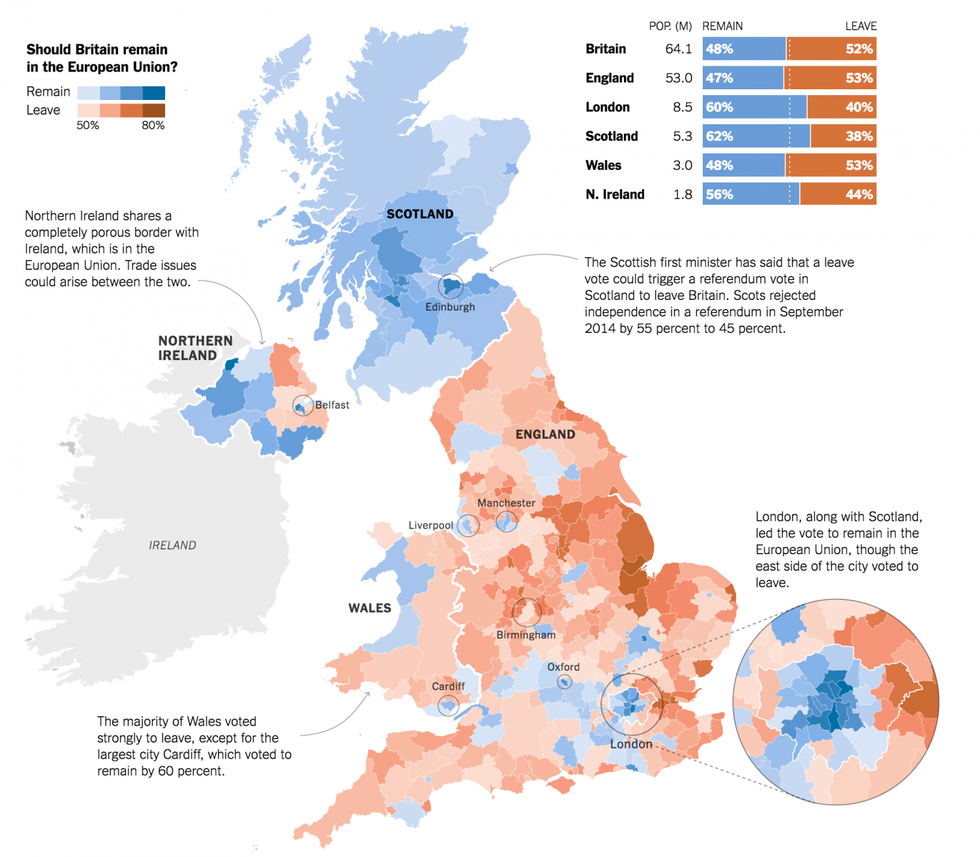
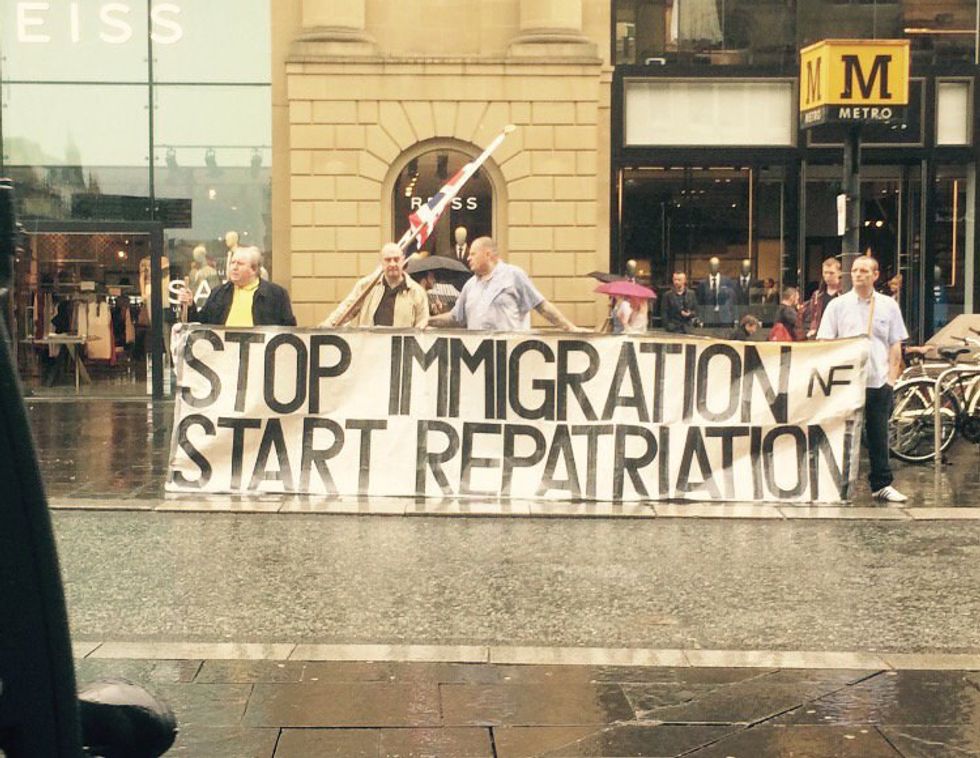
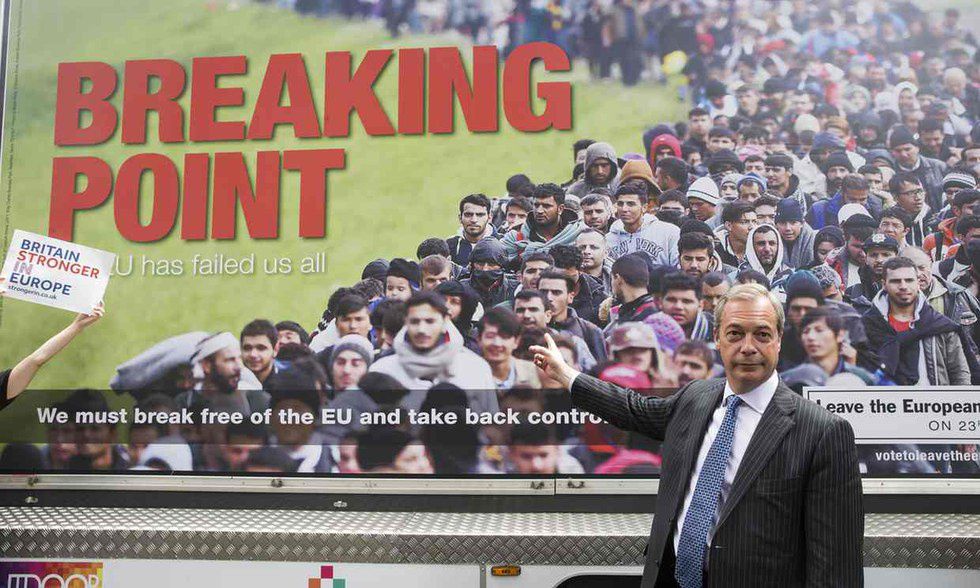
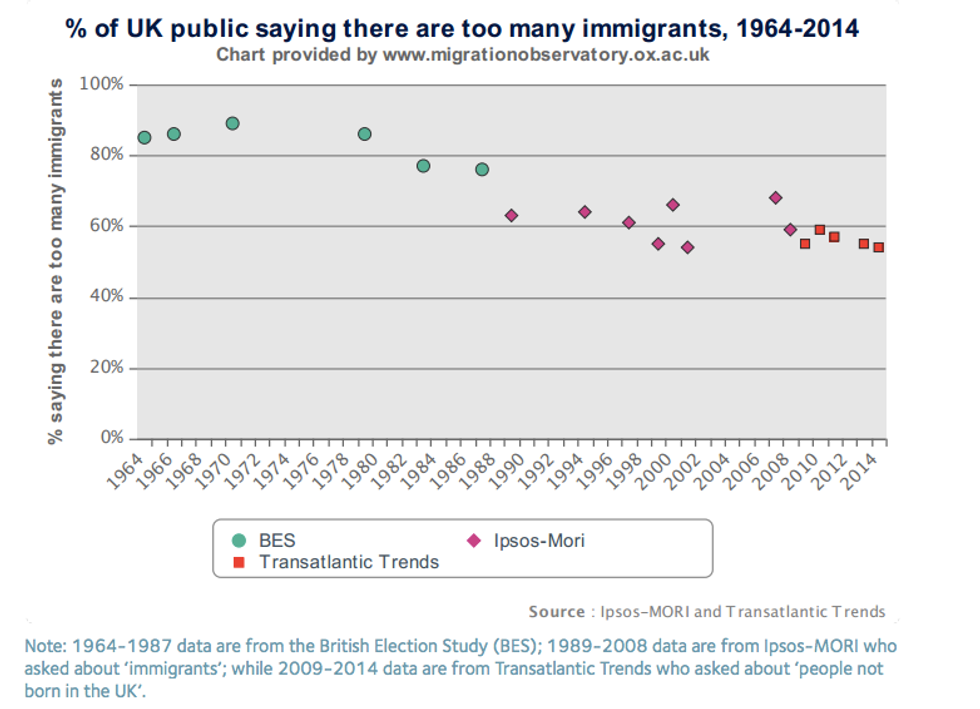
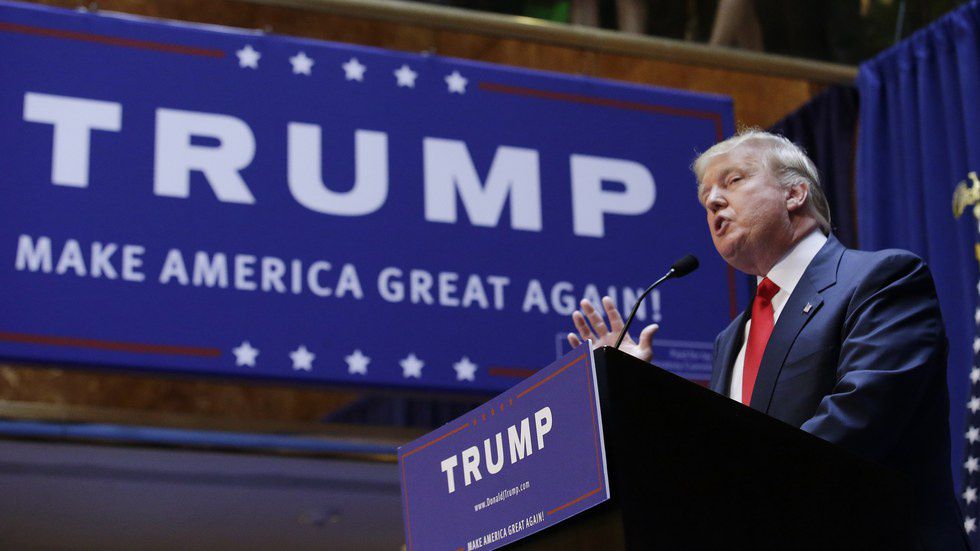
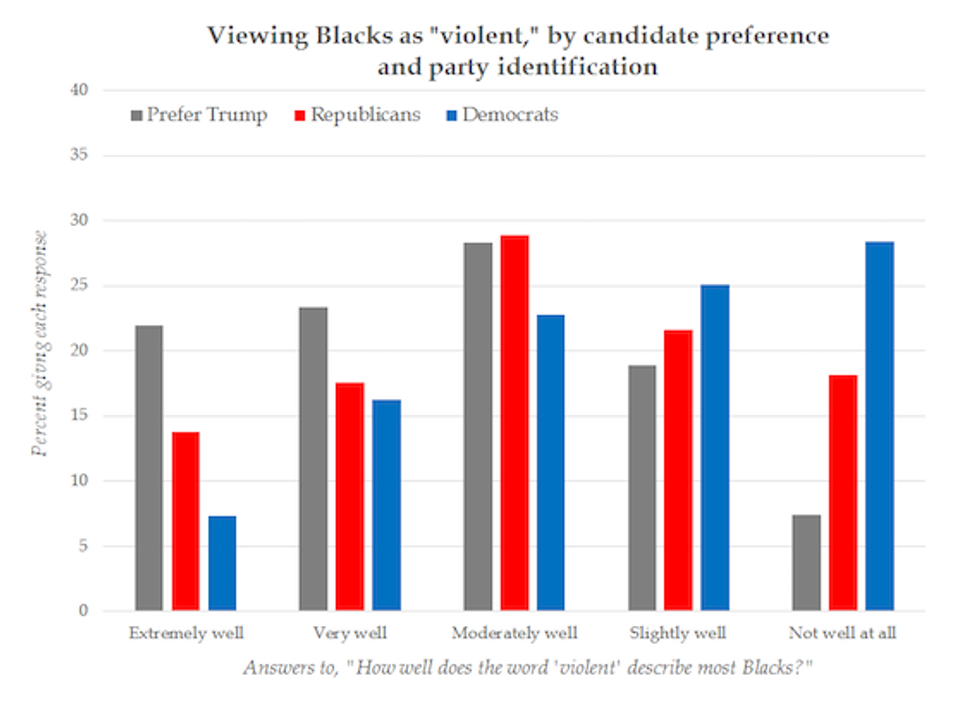
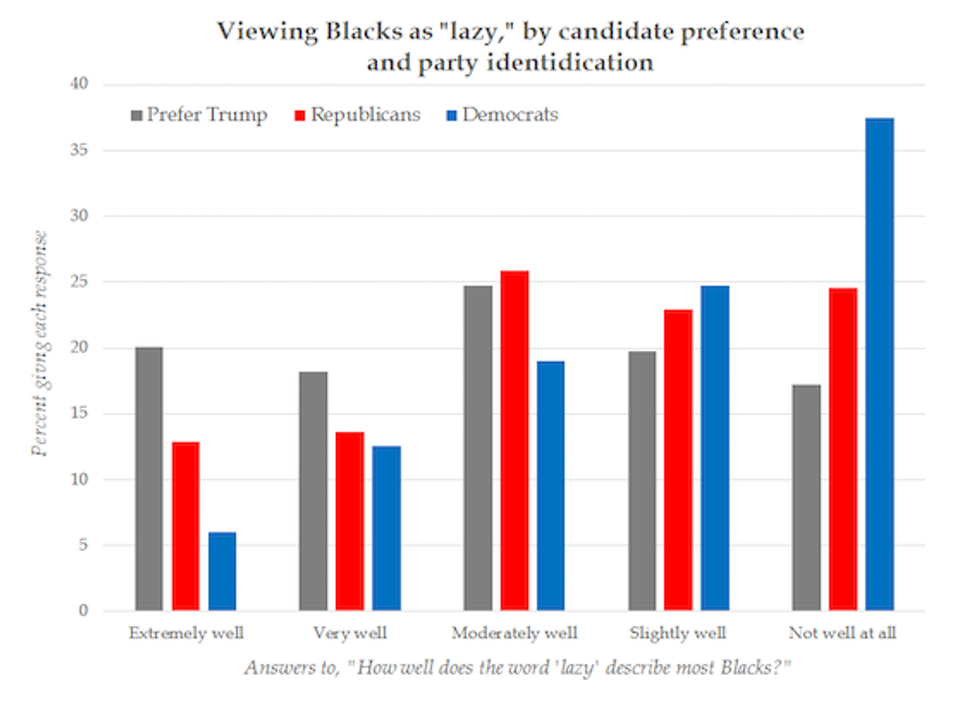
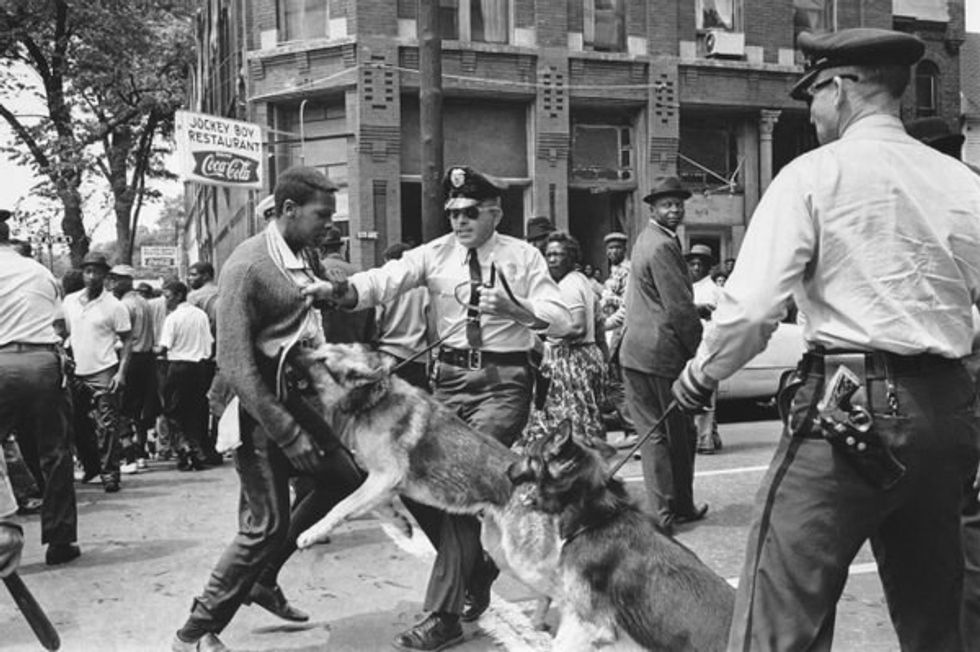

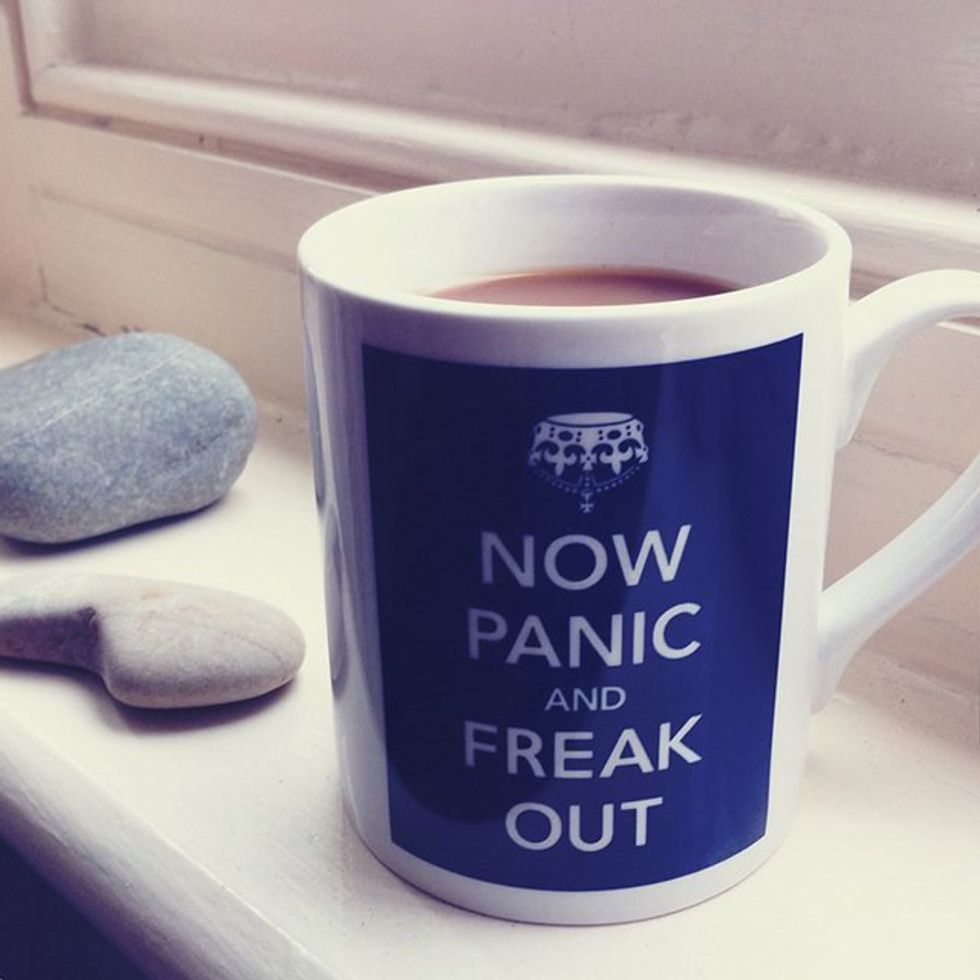






 man running in forestPhoto by
man running in forestPhoto by 










